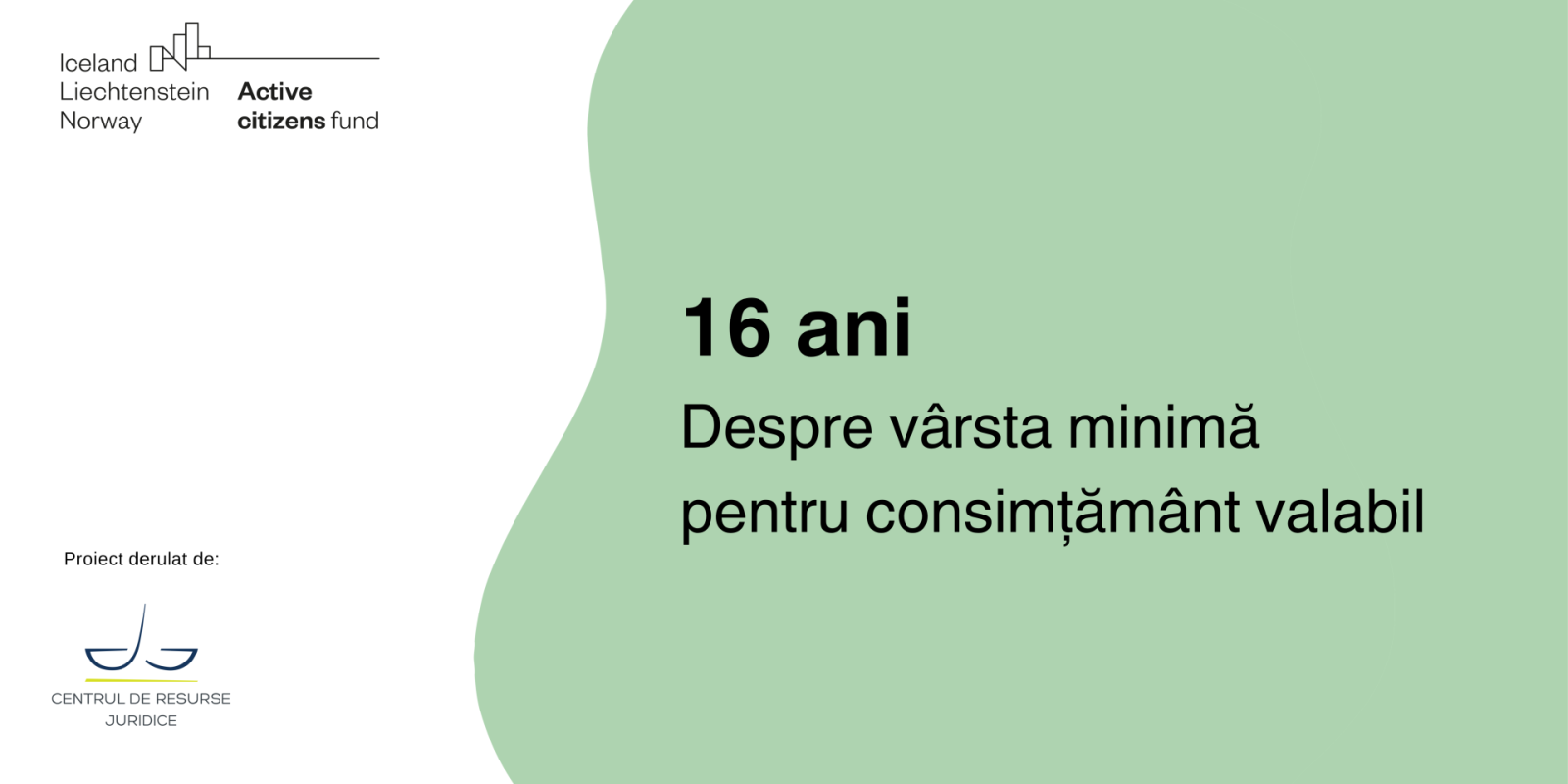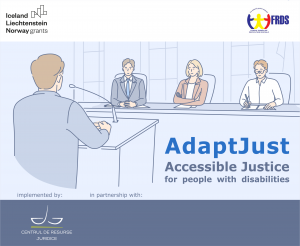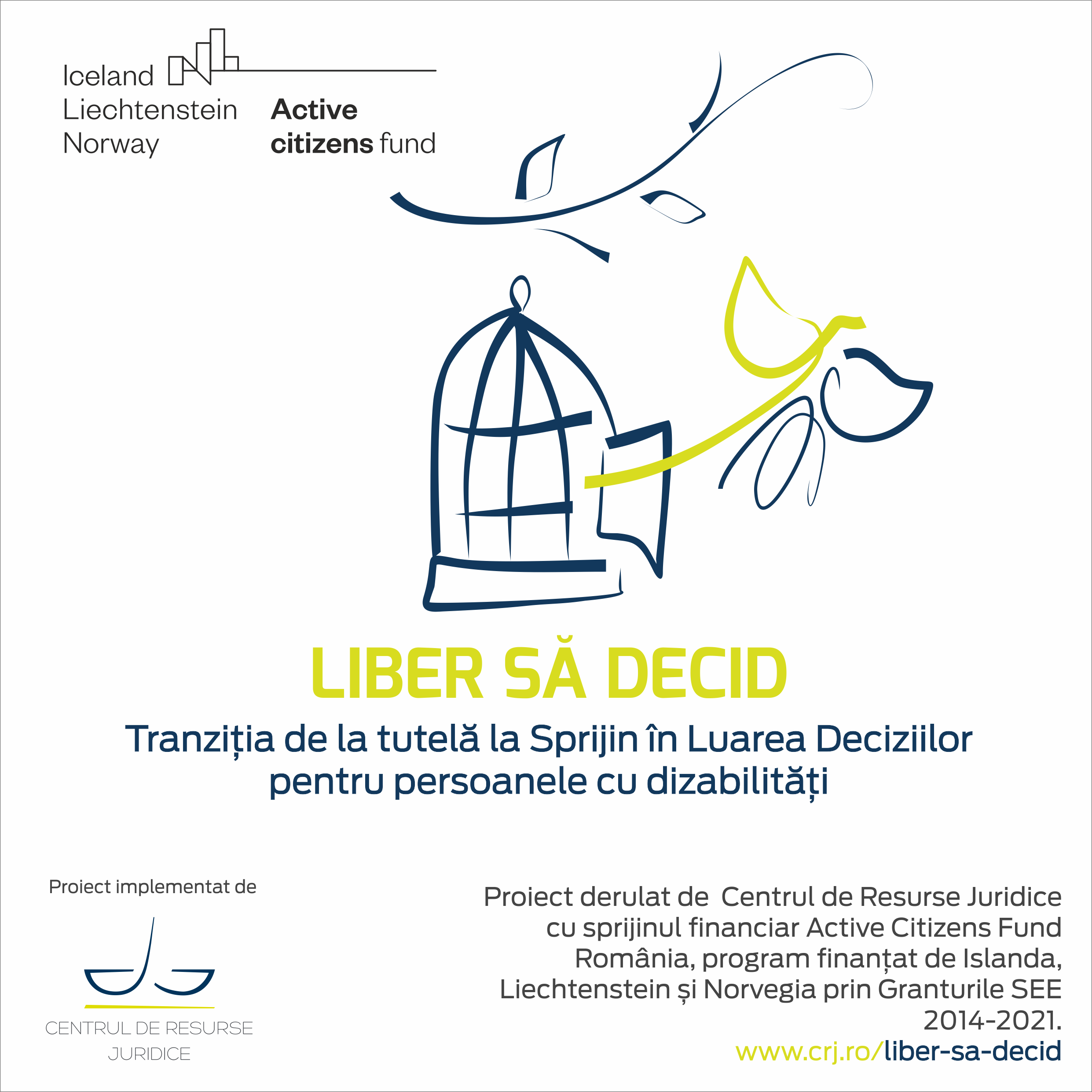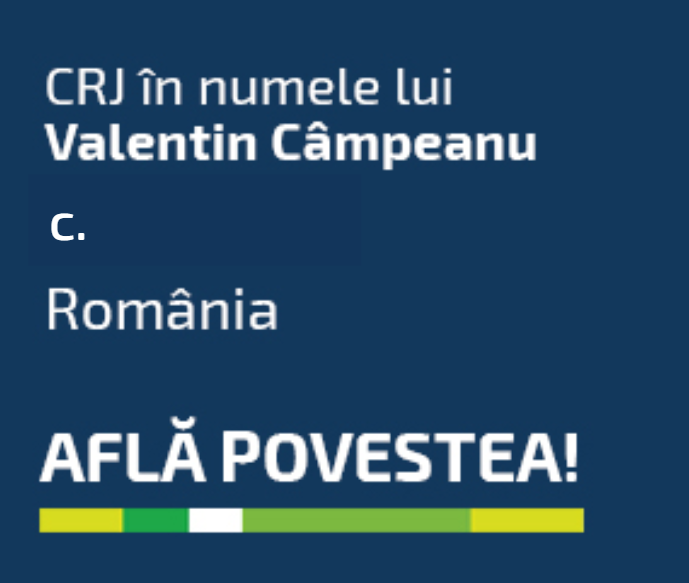The draft law PL-x no. 457/2022 for the modification and completion of the Law no. 286/2009 on the CP and of the Law no. 135/2010 on the CPP, which aims, among other things, to raise the age of consent for sexual relations, was voted on June 28th, 2023, in the plenary of the Chamber of Deputies. It passed with 267 votes “for” and 6 abstentions[1], the law coming into force on January 1st, 2024.
The legislative initiative was based on the numerous deviations observed in court practice in cases of offences against sexual freedom and integrity where the victims were minors. There is no uniform practice at court and prosecutor’s office level regarding the notion of consent in cases of sexual offences involving minors. There are some isolated cases where sexual abuse of children aged 7, 8, 9 are prosecuted as consensual sexual intercourse rather than rape.
The report of the Judicial Inspection on “The practice of the courts and the prosecutor’s offices attached to them in the investigation and resolution of cases regarding crimes in the sexual life with minor victims”, approved by the Superior Council of the Magistracy on July 27th, 2021[2], reveals a grim x-ray of the criminal justice system and, above all, the contradiction it finds itself in with the principle of the best interests of the child.
- More than 18,000 reports of sexual crimes with minor victims were registered between February 1st, 2014 and July 29th, 2020, and less than 20% were completed with the prosecution of some defendants.
- From the data provided by the prosecutor’s offices – and included in the mentioned report – it follows that in the above-mentioned period 5206 reports were registered regarding art. 218 of the Criminal Code (rape), of which: 1,334 were finalized through indictments, 4 through plea agreements, 16 through solutions to abandon criminal prosecution and 3,842 through the adoption of classification solutions.
- Additionally, with regard to art. 220 of the Criminal Code (sexual act with a minor), 10,622 reports were registered, of which: 1,612 were completed by indictments, 122 by plea agreements, 2,212 by solutions to abandon criminal prosecution and 6,676 by adopting solutions of ranking.
In more than 2,200 cases regarding the freedom and sexual integrity of minors, the judicial bodies ordered solutions to waive criminal prosecution. In the context in which such a solution can only be pronounced if it is established that “there is no public interest in pursuing the case”[3] – we wonder what arguments would establish that the integrity and sexual freedom of minors is not a priority?
The need to establish an age up to which there is, without any possibility of interpretation, the presumption of lack of consent is also highlighted in the Communication to the General Secretariat of the Committee of Ministers of the Network to Prevent and Combat Violence against Women, 27/05/2021, in the cases IC, EB and MGC against Romania[4]:
„Given all this, we respectfully request the Committee of Ministers to ask the Government of Romania to update its Action Plan to introduce legislation establishing a clear presumption of lack of consent for children under a certain age in the case of sexual relations with an adult, in accordance with the principle of the best interests of the child.”
7 years have passed since Romania’s repeated convictions at the ECHR regarding cases in which national courts ordered convictions for sexual intercourse with a minor, not for rape.
Such a legislative change is a first step towards a justice that finally begins to defend the more than 3 million minors vulnerable to crimes of a sexual nature, a justice that is based on the best interest of the child and that brings significant changes in court practices.
A year ago, we reacted to Parliament’s piousness about the introduction of sex education in schools, transformed into education for health, only for children over the age of 14 and with parental consent, while the same children were presumed to have valid consent in sexual relations with adults. It is incumbent on adults, but especially politicians, to understand the importance of sex education and education about informed consent as a form of prevention and defense against sexual offences with underage victims. Their aim is to strengthen a criminal justice system around the notion of the “best interests of the child”
See last year’s post HERE.
[1] https://www.cdep.ro/pls/proiecte/upl_pck2015.proiect?idp=20214
[2] https://www.csm1909.ro/ViewFile.ashx?guid=1c656a33-bd25-4118-85f1-6411fdeb1c4f-InfoCSM
[3] Art. 318 CPP „ In the case of crimes for which the law provides a penalty of a fine or a prison sentence of no more than 7 years, the prosecutor may abandon the criminal prosecution when he finds that there is no public interest in pursuing the act.”.”
[4] https://hudoc.exec.coe.int/fre#{%22EXECIdentifier%22:[%22DH-DD(2021)533E%22]}






